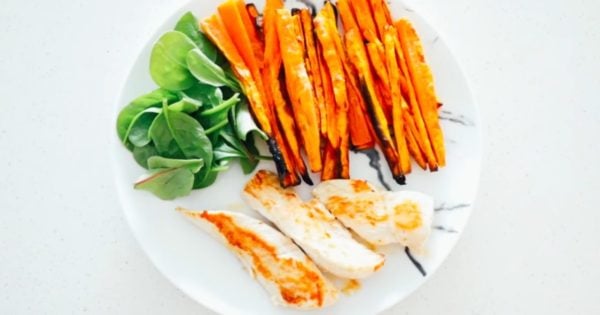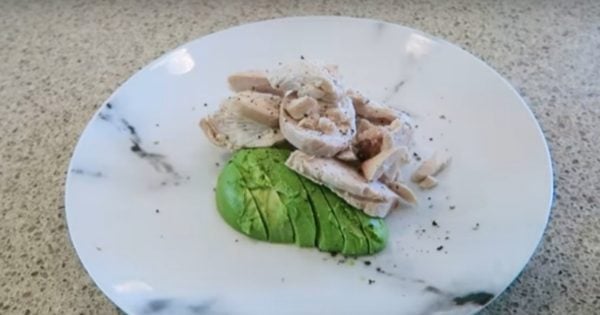What advice would you take from a beauty blogger?
How about, say, the best way to contour? Or, perhaps, the benefits of a matte foundation over a dewy one? How much they eat in a day?
No? You wouldn’t be interested in the last one?
You might be one of only a few.
As I found myself scrolling mindlessly through makeup tutorials on YouTube this week, I found myself consistently hit with the option of watching Australian beauty bloggers walk me through the food they eat each day.
At a single glance, there was Danielle Mansutti with over 1.4 million YouTube subscribers, Brittney Lee Saunders with 986,538 subscribers and Chloe Szepanowski with 116,000 subscribers. All had carefully curated footage of their food choices on a given day – some with quick disclaimers about the fact they’re not nutritionists, but all without the self-awareness of recognising the impact these videos could inevitably have.
The power, reach and relevance of these young women grows with every new follower and every new video view. Now, it seems, they are dipping their toes into the lucrative foodie-sphere.
For Danielle Mansutti, ‘Organic Green Tea Detox’ (the tea label is subtly placed in the perfect lighting, beside her mug) is shown as her daily “wake up drink”. It’s followed by meals like sweet potato fries, spinach and chicken… and a pint-sized dinner of canned tuna, more spinach leaves and tomatoes.



Top Comments
I truly do not understand this fetishisation of food, who honestly gives a fig what some overmade-up 20 year old eats in a day? Their food obsession is ridiculous, surely there are better ways to spend your life than cultivating a sense of superiority because you are effectively starving yourself. Put your phone down and go break bread with your family or for a walk with a friend!
Teens will always pursue "beauty". The often uncomfortable transition from child to adult is hard and I think most people genuinely want to present what they think is the best image of themselves. That means conforming and ultimately crazy diets/makeup/clothes, etc.
But, I believe kids nowadays also have an advantage over those in the past. Here is why; they have a wealth of sites dedicated to healthy eating and fitness. Genuine ones!!!
As always, leadership at home and at school is required to push the young adults (and kids) towards the right information. But it is certainly out there. I don't think these bloggers have any more influence than models in glossy magazines did before the internet... Its the same struggle to promote healthy eating and exercise. But the difference is that it's much easier to get good advice from the net nowadays. The government websites are a good starting point.